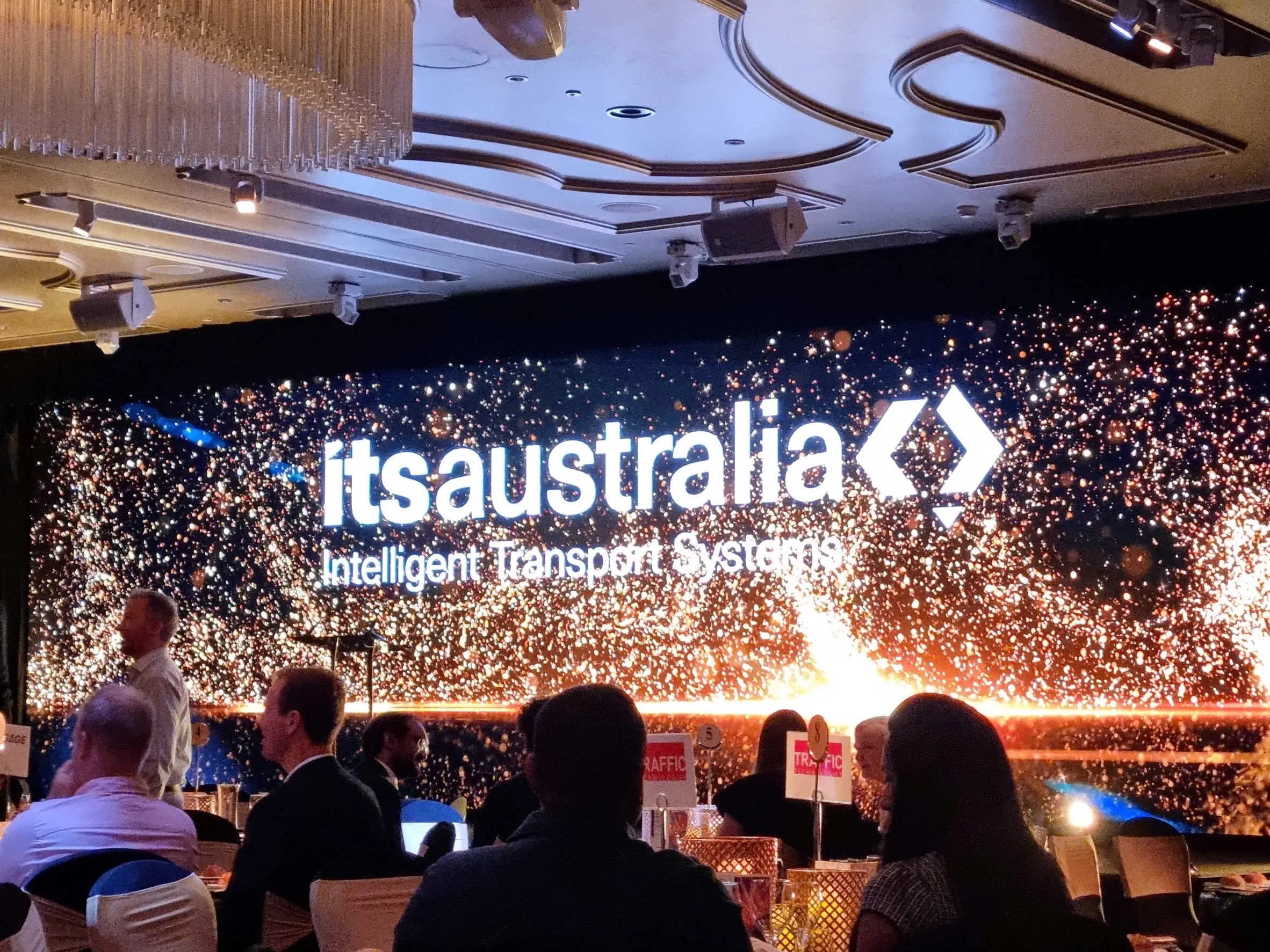Spain-headquartered technology company Indra has designed an Urban Interoperability Platform (UOIP), which it says aids a city’s different systems to exchange information and define behaviour patterns and adapt services to real needs. Using the company’s Atanea technology to integrate and manage all services and solutions comprising a city ecosystem, Indra says the solution ensures greater efficiency in providing services as a result of the coordination of resources available in the city. The company claims
January 2, 2013
Read time: 2 mins
Spain-headquartered technology company 509 Indra has designed an Urban Interoperability Platform (UOIP), which it says aids a city’s different systems to exchange information and define behaviour patterns and adapt services to real needs.
Using the company’s Atanea technology to integrate and manage all services and solutions comprising a city ecosystem, Indra says the solution ensures greater efficiency in providing services as a result of the coordination of resources available in the city.
The company claims the Atanea solution has been designed with two different but complementary approaches. The design has been based on Indra's Hermes system, which provides mobility management centres with the monitoring of different subsystems and continuous detection of traffic changes and public transport, prioritising or managing different mixed means of transport such as buses or public bicycles.
It is also based on recent results from the European Smart Objects for Intelligent Applications (SOFIA)R&D project, where Indra has been a participant. This open source service integration software package is based on web technology, interoperability and intelligent sensor networks that enable automation for cities and its ecosystem, as well as providing intelligent tailored services over mobile devices, such as smart phones.
According to Indra, its UOIP is an integration centre where information from three large system modules comes together: measurement and sensor equipment installed across the city, the coordinated service management modules offering global solutions for the city and city analysis systems which collect information from other subsystems to provide critical information for city management.
Using the company’s Atanea technology to integrate and manage all services and solutions comprising a city ecosystem, Indra says the solution ensures greater efficiency in providing services as a result of the coordination of resources available in the city.
The company claims the Atanea solution has been designed with two different but complementary approaches. The design has been based on Indra's Hermes system, which provides mobility management centres with the monitoring of different subsystems and continuous detection of traffic changes and public transport, prioritising or managing different mixed means of transport such as buses or public bicycles.
It is also based on recent results from the European Smart Objects for Intelligent Applications (SOFIA)R&D project, where Indra has been a participant. This open source service integration software package is based on web technology, interoperability and intelligent sensor networks that enable automation for cities and its ecosystem, as well as providing intelligent tailored services over mobile devices, such as smart phones.
According to Indra, its UOIP is an integration centre where information from three large system modules comes together: measurement and sensor equipment installed across the city, the coordinated service management modules offering global solutions for the city and city analysis systems which collect information from other subsystems to provide critical information for city management.










